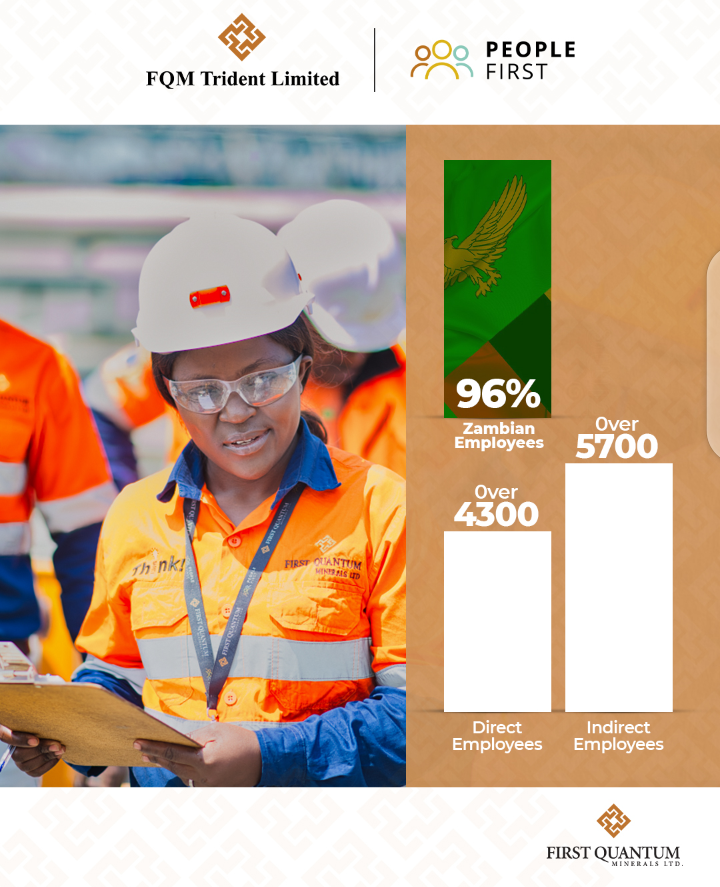(Bloomberg)-The history of commodity markets is littered with fraud and risk, and the opaque trade in scrap metal is no exception. But even veterans with decades of experience say they’ve never seen anything like the scam now rocking one of the world’s top copper recyclers.
Aurubis AG revealed this week it has uncovered a large-scale fraud involving shipments of scrap metal that it uses to feed its copper smelters, with potential losses running into hundreds of millions of euros. The announcement sent the Hamburg-based company’s shares plunging, and delivered a fresh blow to confidence in the global metals industry after a string of high-profile scandals, including the nickel scam that recently ensnared trader Trafigura Group.
As Europe’s largest copper producer, Aurubis will play a crucial role in delivering the metals needed for the push into renewable energy and electric vehicles. But just as the Trafigura case raised eyebrows in the trading world by revealing how one of the largest players missed many red flags, Aurubis’s revelations will pose tough questions for the company and chief executive Roland Harings about its internal controls and processes.
The company has been hit by two different and possibly connected crimes, one a few months ago involving the theft of precious metals residues, and then the shock revelation this week that it has been paying for scrap material that didn’t contain the metal it was supposed to. A spokesperson for Aurubis said it is investigating a sophisticated criminal operation involving both external suppliers and complicit employees at its main smelter in Hamburg.
“My memory of this industry goes back quite a long way, and I can’t recall any similar incidents on this kind of scale,” said Michael Lion, who’s been involved in the recycling industry for more than 50 years and is one of its most well-known figures. “The very substantial sums of money involved suggest that this was an extremely well-organized operation that could well have involved a web of conspiring suppliers.”
Aurubis has been in operation for more than a century, and traditionally it has fed its smelters by sourcing a combination of copper ore and various forms of metal scrap including electrical wiring and water pipes. However, in recent years it’s invested heavily in new production processes to extract copper and other metals from increasingly complex forms of scrap, including old circuit boards and — most recently — lithium-ion batteries.
Those investments have helped make Aurubis a rare success story in the European metals industry, and the company posted a record profit last year even as the energy crisis hammered producers of other power-intensive metals including aluminum, zinc and steel. Aurubis had previously forecast operating earnings before taxes of €450 million to €550 million for the 2022-23 financial year, which it now no longer expects to achieve.
Copper is one of the world’s most important industrial commodities, and its extensive use in construction and manufacturing has made it a bellwether for global economic activity. More recently, the focus has shifted to the massive amounts of copper that will be needed to wire the shift to green energy, with some forecasters warning of the risk of shortages and price spikes. Futures prices have fallen from the record levels reached last year but remain elevated by historical standards.
The sudden announcement and scale of the scam has sent tremors through the tight-knit network of traders and scrap processors that supply Aurubis. Speaking privately, representatives at two suppliers to Aurubis and a major scrap buyer said they hadn’t heard any rumors about issues with fraud at the company or in the broader market, even after the smaller-scale theft of semi-processed precious metals in June left the industry on high alert.
There are still a lot of questions outstanding about how Aurubis found itself with a shortfall in metal that it says could mean damages in the “low, three-digit-million-euro range.”
According to a company spokesperson, certain of its recycling suppliers appear to have “manipulated details” about the raw materials they delivered, and have been working with employees in the sampling department. The company eventually discovered that metal was missing once the material was processed in Aurubis’s plant, said Angela Seidler, vice president for investor relations and corporate communications.
Suppliers typically provide an estimation of what the materials contain, she said. Aurubis also conducts a visual inspection of the shipments it receives and its labs analyze the metal content, before paying the firms on that basis.
The visual inspections, while they sound crude, can actually prove very effective in identifying sub-par batches of scrap before they enter the smelting system and regularly involve four or five employees, according to people familiar with the industry’s practices who asked not to be identified because they aren’t authorized to speak publicly. Incoming cargoes are routinely tested chemically as well, but the technical challenges in sampling varied batches of scrap mean visual inspections can be more reliable.
However, that only holds true for the more traditional forms of scrap. Visual inspections are much more difficult when it comes to the more complex material that Aurubis has recently been expanding into — for example, ground-up granules derived from waste electronics that can contain a mix of copper and other valuable metals like gold and palladium.
For those materials, smelters rely more heavily on sampling and chemical inspections, and — while the process itself is very precise — it creates a risk that complicit employees could overstate the value of the material, the people said, emphasizing that they were speaking in general terms.
The high value of the precious metals also mean that large losses could theoretically rack up more quickly, and on smaller quantities of material.
Aurubis’s Seidler confirmed that the fraud was focused on particular types of scrap, but declined to comment further. The company expects to digest the impact of the losses during the current financial year and doesn’t expect an impact on its expansion plans or strategy, she said.
The company has notified the police and will now examine whether it can make a claim under a fidelity insurance policy. It has also been assisting the police and the public prosecutor’s office with the theft that occurred earlier this year, said Seidler.
“It appears to be separate from the incident in June, but it is too early to say whether or not the cases are interlinked,” she said. “In that incident, they stole high-value precious-metal bearing intermediates that are generated during the refining process, and it takes a certain knowledge and access to processing equipment to treat these materials. The people involved in that are currently in custody awaiting trial.”
(By Mark Burton and Jack Farchy, with assistance from Archie Hunter)








